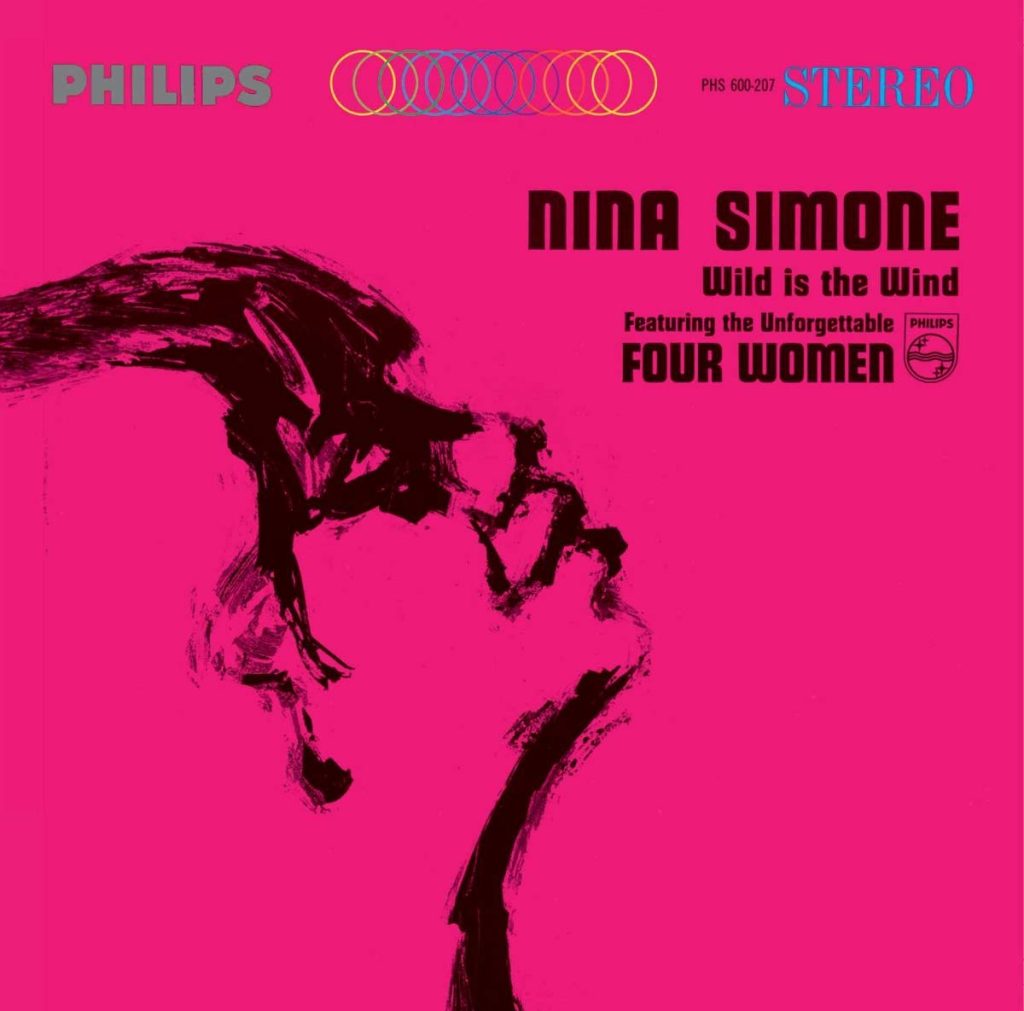
To evoke Nina Simone is to call upon a mythical figure of 20th century music, an artist whose influence transcends genres and generations. Known as the “Priestess of Soul”, Nina Simone was much more than a singer: she was an accomplished musician, a talented composer and a tireless activist. Her voice, both powerful and tender, captured the spirit of an era and embodied the struggles and hopes of millions.
Born Eunice Kathleen Waymon in 1933 in North Carolina, Nina Simone had an undeniable musical talent from an early age. Trained in classical music, she dreamed of becoming the first black American classical concert performer. However, faced with the racial barriers of the time, she had to turn to jazz and blues to make a living.

But far from being defeated, Simone took these genres and transformed them in her own way. She infused jazz, blues, gospel, pop, and even classical music into a unique and inimitable style. With her deep voice, expressive piano playing and bold compositions, she created music that, while rooted in tradition, was decidedly modern and forward-thinking.
Simone was also a passionate activist in the civil rights movement. Songs like “Mississippi Goddam” and “To Be Young, Gifted and Black” became anthems of the struggle for equal rights. Her music was her platform, and she never hesitated to use it to take a stand and give voice to the oppressed.
It is impossible to talk about Nina Simone without mentioning her complex personality. Faced with personal challenges, including mental illness and abuse, she lived a life marked by tumult and tragedy. But despite this, she continued to create, struggle and inspire. Her legacy, both musical and social, remains as relevant today as it was when she was alive.
Nina Simone was a force of nature, an artist who refused to conform to expectations and forged her own path. Her music, steeped in passion, pain and resilience, continues to resonate across generations. She was not just the “priestess of soul” – she was a priestess of music itself, a figure whose influence continues to be felt in the musical landscape today.
Where does the name Nina Simone come from?
Her stage name was created by combining a nickname with the name of an actress she admired.
“Nina” is a nickname given to her by a boyfriend. It is a distortion of “niña”, which means “little girl” in Spanish. It seems that he called her that out of affection.
“Simone” comes from the French actress Simone Signoret, whom Nina greatly admired. Simone Signoret was a French actress famous for her roles in films like “Casque d'or” (1952) and “Les Diaboliques” (1955).

Eunice Waymon chose this stage name early in her career when she was playing nightclubs in Atlantic City. She did not want her mother, a very devout woman, to know that she was playing “devil's music” (jazz and blues), so she used a pseudonym to protect herself.
The Wild Is The Wind album
If there is one thing to remember about Nina Simone, it is her audacity to transcend genres and conventions. Never was this audacity more evident than in her 1966 album, Wild Is The Wind. This album, marked by deep emotion and boundless creativity, is a testament to Simone's unique artistic vision.
The album opens with the eponymous track, a cover of the theme song from the 1957 film of the same name. Here Simone transforms the original melody into a moving lament, her deep voice and expressive piano playing giving the song new depth. It's a bold and moving opening, setting the stage for the rest of the album. David Bowie covered Wild is the Wind on his Station to Station album.
The second track, ‘I Love Your Lovin' Ways', is a stark contrast to the melancholy melody that preceded it. It is a happy, upbeat love song with a catchy melody and swinging rhythm. Here Simone demonstrates her ability to move effortlessly from one genre to another, her talent for jazz, blues, pop and gospel revealing itself with every note.
The album reaches its climax with “Four Women”, a powerful song that tells the story of four African-American women with different destinies. The lyrics, written by Simone herself, are a poignant commentary on racism and sexism, while the melody, a fusion of blues, jazz and gospel, gives emotional weight to every word. It's a song that, like many of Simone's others, transcends the music to become a true political statement.
“Wild Is The Wind” is an album that doesn't just present songs; it tells a story. It is a journey through the joys and sorrows, struggles and hopes, loves and losses of life. Each song is a piece of the puzzle, and together they form a picture of the complexity and beauty of the human experience.
The song Four Women
Within Nina Simone's rich discography, one song in particular stands out: “Four Women”. Taken from her 1966 album ‘Wild Is The Wind', this song is a musical manifesto of the civil rights struggle and a poignant portrait of the condition of black women in the United States.
The title “Four Women” sums up the song perfectly: Simone tells the story of four black women, each representing a particular stereotype or experience of black womanhood. There is Aunt Sarah, a stoic and resilient slave; Saffronia, a mixed-race woman torn between two worlds; Sweet Thing, a devalued and despised prostitute; and Peaches, an angry modern woman, a symbol of the civil rights struggle.
The song is a lyrical and musical tour de force. The lyrics, written by Simone herself, are both poetic and powerful, depicting with brutal clarity the challenges and discrimination faced by these four women. The music, meanwhile, is a haunting fusion of blues, jazz and gospel, with Simone's dark piano notes perfectly matched to her deep, powerful voice.
But beyond its musical quality, ‘Four Women' is also a political song. In telling these stories, Simone gives a voice to women who are often ignored and marginalised. She denounces stereotypes and injustices, while celebrating the strength and resilience of these women. It is a protest song, but it is also an empowerment song.
“Four Women” is arguably one of Nina Simone's most influential songs. It is a work that combines art and activism, that defies convention and speaks of truth. More than fifty years after its release, it remains deeply relevant and still resonates powerfully. Listening to Four Women, one cannot help but admire the artistic vision and courage of Nina Simone, the soul priestess who used her music to change the world.
Where to listen to Wild Is The Wind?
- Listen to Wild Is The Wind on Spotify
- Listen to Wild Is The Wind on Deezer
- Listen to Wild Is The Wind on Youtube